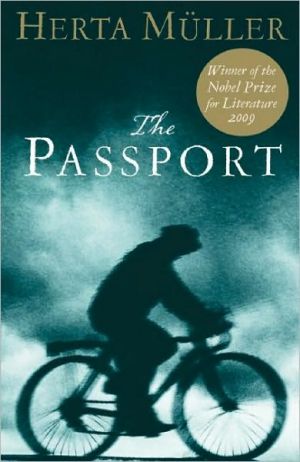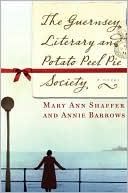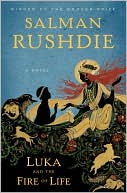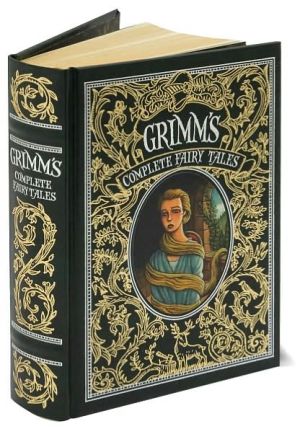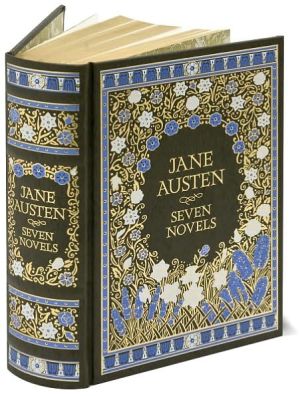The Passport
From the winner of the 2009 Nobel Prize in Literature!\ “[The Passport] has the same clipped prose cadences as Nadirs, this time applied to evoke the trapped mentality of a man so desperate for freedom that he views everything through a temporal lens, like a prisoner staring at a calendar in his cell.”—Wall Street Journal\ “A swift, stinging narrative, fable-like in its stoic concision and painterly detail.”—The Philadelphia Inquirer\ The Passport is a beautiful, haunting novel whose subject...
Search in google:
From the winner of the 2009 Nobel Prize in Literature!“[The Passport] has the same clipped prose cadences as Nadirs, this time applied to evoke the trapped mentality of a man so desperate for freedom that he views everything through a temporal lens, like a prisoner staring at a calendar in his cell.”—Wall Street Journal“A swift, stinging narrative, fable-like in its stoic concision and painterly detail.”—The Philadelphia InquirerThe Passport is a beautiful, haunting novel whose subject is a German village in Romania caught between the stifling hopelessness of Ceausescu’s dictatorship and the glittering temptations of the West. Stories from the past are woven together with the problems Windisch, the village miller, faces after he applies for permission to migrate to West Germany. Herta Müller (Herta Mueller) describes with poetic attention the dreams and superstitions, conflicts and oppression of a forgotten region, the Banat, in the Danube Plain. In sparse, poetic language, Muller captures the forlorn plight of a trapped people.Publishers WeeklyThis English-language debut by a Romanian-born West Berliner is remarkable for its stylistic purity. Muller's angry tale of an ethnic German anxious to emigrate from his stultifying Romanian village is relayed in deceptively straightforward sentences (``Katharina had sold her winter coat for ten slices of bread. Her stomach was a hedgehog. Every day Katharina picked a bunch of grass. The grass soup was warm and good'') that pile up in striking patterns (later, ``the second snow came. . . . The hedgehog stabbed''). Intently focused prose animates the parochial town with its corrupt power brokers, gamey folk songs and a tree reputed to have eaten its own apples, as well as the problematic relations among the central character, his embittered wife and their nubile daughter, who, like her mother before her during the war, is forced to grant sexual favors to men of privilege. (Jan.)
\ Publishers Weekly\ - Publisher's Weekly\ This English-language debut by a Romanian-born West Berliner is remarkable for its stylistic purity. Muller's angry tale of an ethnic German anxious to emigrate from his stultifying Romanian village is relayed in deceptively straightforward sentences (``Katharina had sold her winter coat for ten slices of bread. Her stomach was a hedgehog. Every day Katharina picked a bunch of grass. The grass soup was warm and good'') that pile up in striking patterns (later, ``the second snow came. . . . The hedgehog stabbed''). Intently focused prose animates the parochial town with its corrupt power brokers, gamey folk songs and a tree reputed to have eaten its own apples, as well as the problematic relations among the central character, his embittered wife and their nubile daughter, who, like her mother before her during the war, is forced to grant sexual favors to men of privilege. (Jan.)\ \
